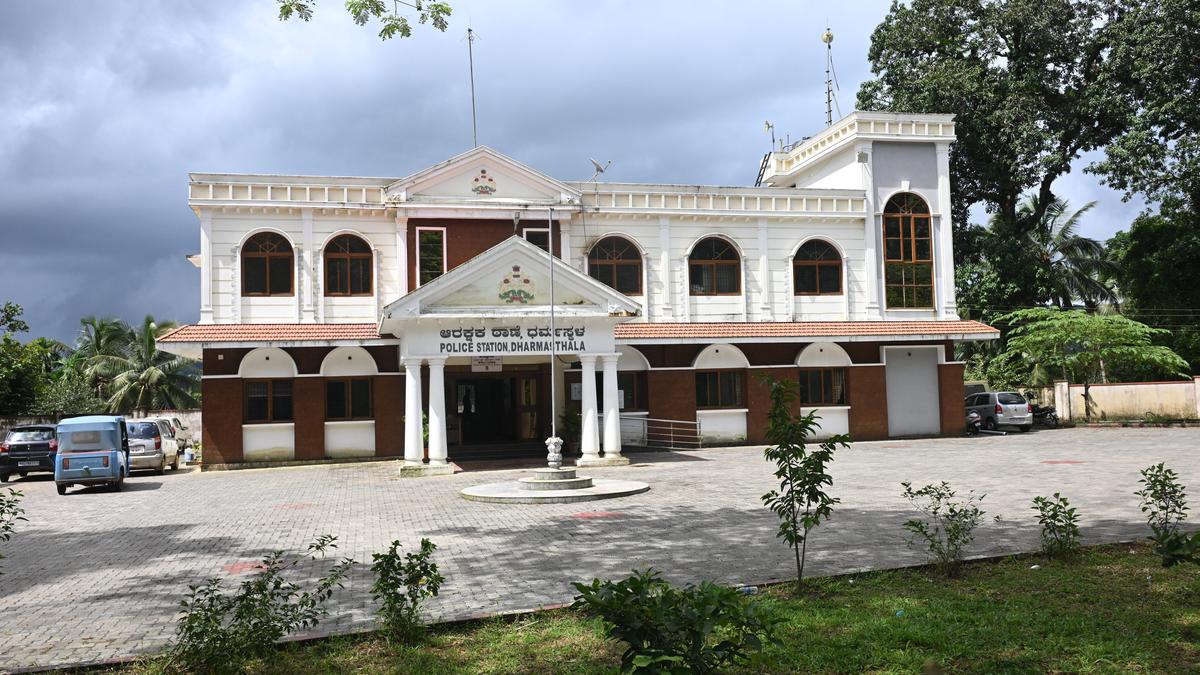The LCA Mk-1A programme, crucial for the Indian Air Force (IAF) to shore up its fleet, is running behind schedule.
US firm GE Aerospace on Wednesday announced that it has delivered the first of 99 F404-IN20 engines to plane maker Hindustan Aeronautics Limited (HAL) for the new light combat aircraft (LCA Mk-1A), explained why the engine supply was delayed and assured that production was being ramped up to execute the Indian order, a boost for the indigenous fighter programme.
The LCA Mk-1A programme, crucial for the Indian Air Force (IAF) to shore up its fleet, is running behind schedule due to several reasons, including the delay in supply of engines. These engines are meant for the 83 Mk-1As ordered by the IAF for ₹48,000 crore in February 2021.
The engine was delivered to an HAL team at Lynn in Massachusetts and will reach India in a few days, marking what will be a two-year delay.
“On Tuesday, we were excited to deliver the first of 99 F404-IN20 engines to our valued customer HAL... It is an important milestone in our 40-year relationship with HAL and in our efforts to ensure a strong future for India’s military by developing next-generation fighters while enhancing the country’s defense manufacturing capabilities,” said Shawn Warren, general manager, combat and trainer engines, GE Aerospace.
The IAF has been concerned about the pace of the Mk-1A programme because of the possible risks a delay in the induction of new fighters could pose to its combat effectiveness. The first Mk-1A jets were slated to be delivered in March, 2024.
The Air Force plans to order 97 more Mk-1As at a cost of around ₹67,000 crore.
GE Aerospace is expected to deliver 12 engines this year.
The F404-IN20 engine represents a tailored design for the Mk-1A single-engine fighter with the highest thrust within the F404 family, which powers thousands of combat aircraft worldwide, he said.
“GE Aerospace looks forward to continuing the collaboration with HAL to ensure a strong future for India’s military, working together to provide aircraft and marine engines, avionics, and maintenance, repair, and overhaul (MRO) services,” Warren said.
The delay in Mk-1a deliveries is down to a combination of factors. Apart from the engine delays, some key certifications were held up.
In 2004, the F404-IN20 engine was selected for the older LCA Mk-1, which has been inducted by the IAF. By 2016, GE Aerospace delivered 65 F404-IN20 engines for the Mk-1 aircraft.
With no additional engine orders, the production line for F404-IN20 in the US was shut down. “However, when HAL ordered an additional 99 engines in 2021 for the LCA Mk-1A, our team began the complex task of restarting the production line, which had been dormant for five years, and re-engaging the engine’s global supply chain,” Warren said.
In a statement, he explained the challenges in restarting a jet engine production line.
“Restarting the F404-IN20 engine line during the Covid pandemic was even more challenging. With a high focus on safety and quality, and a remarkable commitment from our supply chain teams and our suppliers and partners, we have managed to restart the line. Our operating model helped us alleviate bottlenecks and identify solutions to improve manufacturing processes and turnaround time. Today, we are working closely with our suppliers to ramp up production on parts and materials for the F404-IN20,” he said.
HAL has set up a new production line in Nashik for Mk-1As to meet the IAF’s growing needs. The firm says it can build 16 Mk-1As every year in Bengaluru, and the Nashik line will help it ramp up production to 24 jets annually.
“We will continue to work together with our suppliers to keep the production line efficient, maintain the highest standards of safety and quality, and deliver to our customer. This week’s first engine delivery is a testament to what we have accomplished with HAL over the past 40 years, and a symbol of our combined potential to ensure a strong future for India’s military.”
In February, the Chief of the Air Staff, Air Chief Marshal AP Singh, questioned the ability of HAL to meet the air force’s critical requirements in the backdrop of the lingering delay in supply of the LCA-Mk-1A, saying he had “no confidence” in the plane maker. The remarks, made during an interaction with HAL officials, were recorded by someone.
HAL chief DK Sunil responded by saying that the plane maker’s focus was on delivering the new aircraft at the earliest rather than spending time on countering criticism of the indigenous programme.
HAL hopes to execute the contract for the 83 Mk-1As over the next three-and-a-half years. The upcoming follow-on contract for 97 more fighters is likely to be signed soon, and HAL plans to execute it by 2031-32.
The Mk-1A is an advanced variant of the Mk-1. The LCA is set to emerge as the cornerstone of IAF’s combat power as the world’s fourth largest air force is expected to operate around 350 LCAs (Mk-1, Mk-1A and Mk-2 variants) in the coming decade and beyond.












